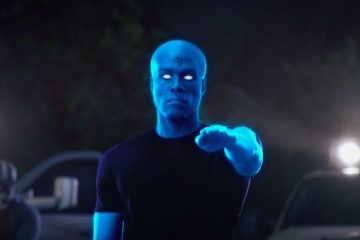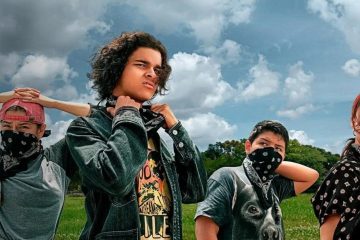Some thoughts on the feature-length films I’ve seen this year so far at the Wisconsin Film Fest. I’ll update as I see more.

Calamity, a Childhood of Martha Jane Cannary is an animated tale of Calamity Jane’s childhood. A painterly animation style renders the Oregon Trail beautiful and evocative. The script, though, is far too focused on bullying and suspicion and dislike of one another. After thirty minutes of rising blood pressure watching practically every character continually rail against and mock all other characters, I gave up, and frankly am glad my daughter tapped out a minute in due to the subtitles, since all the characters seemed motivated by wanting only to show each other up or bring each other down.

Dear Mr. Brody is a documentary focused on margarine heir Michael Brody, Jr.’s announcement in 1970 that he’d donate all his millions if people told him their story and what they wanted the money for. It’s kind of loose as a doc, as interested in his mental state, in telling a story of need and lack, in revisiting some who wrote to ask for money, and in the hippie era. That free-ranging approach avoids awkward morals and puts a lot on the table, though it risks it losing focus or purpose at times too. Still, I’m glad I watched and found this one of the better films I’ve seen in the festival so far.

Fear is a black and white film from Bulgaria about xenophobia and, you guessed it, fear. Our lead takes in an African refugee, much to her racist-ass neighbors’ concern. I suspect this wouldn’t be an especially good film for someone who is subjected to a lot of racism to watch, but for those who don’t live under constant racism, the picture of the couple’s relationship amidst shitty neighbors can pack a punch, even if characters do perhaps flip too easily from being either totally good or totally not. Well-filmed too.
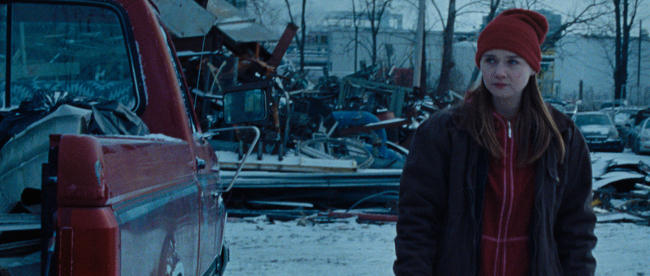
Holler stars Jessica Barden as a high schooler struggling in Shitsville, Ohio. Barden is excellent, intertextually already letting me know her character’s life sucks from her starring role in The End of the Fucking World (though Pamela Adlon and Becky Ann Baker offered more disruptive intertexts … even if it was fun to imagine this as a sequel to Freaks and Geeks, the end of Mrs. Weir’s story). A lot rests on her performance and she’s equal to the task in every way, but the script falters thereafter, as “this is what rustbelt America is really like” felt a lot like many other media images had already told me to expect, leaving me wondering about authenticity. Good not excellent overall.
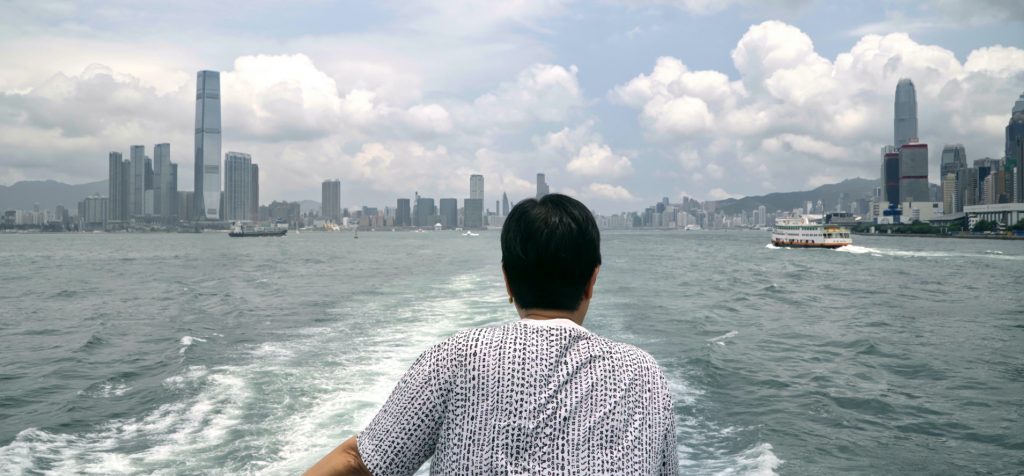
Keep Rolling is a biopic of Hong Kong film director Ann Hui. I’ll admit to not knowing her films – I lived in HK while a teen, though, adore the city, miss it, and watched primarily to get some time back in HK. I now want to see her films, though, and I appreciate that the film was entirely accessible even though I didn’t know them. Speaking of access, perhaps for fear of losing their own access to Hui and her colleagues and family, it never really scratched her surface to examine any criticisms; it’s not pure hagiography, but it could have benefited from allowing a critic’s perspective here and there. Or maybe Hui is as unobjectionable as they suggest; she certainly seems as much, and I enjoyed my time with her, and the subtle walk through HK history the film gave along the way.
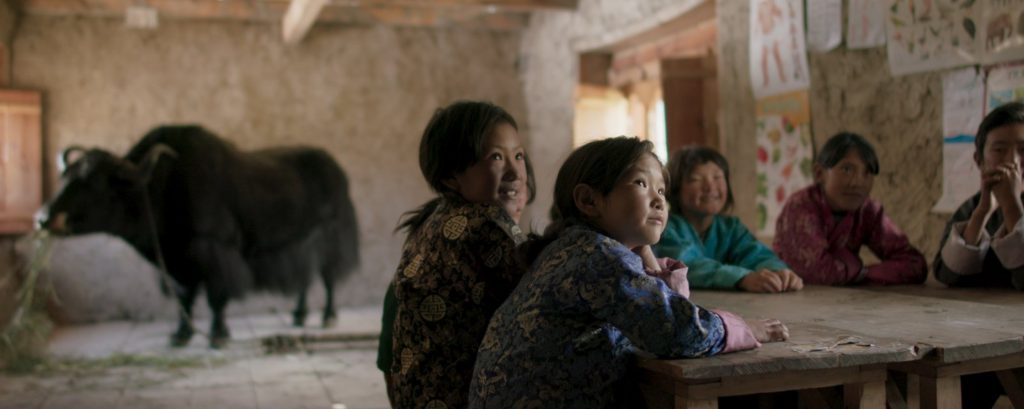
Lunana: A Yak in the Classroom follows a young teacher in Bhutan who is assigned to the country’s (and possibly the world’s) most remote classroom way up in the mountains. You pretty much know how most of this story is going to go from the outset (spoiler: he learns to love it there!) but it’s still a lovely film. I enjoyed the amazing vistas and backdrops from Bhutan, and appreciate that it knows what it is and does it really well (adorable kids, endearing yak, fish-out-of-water humor, etc.). If you have a completely blackened heart, don’t watch; otherwise, I recommend.
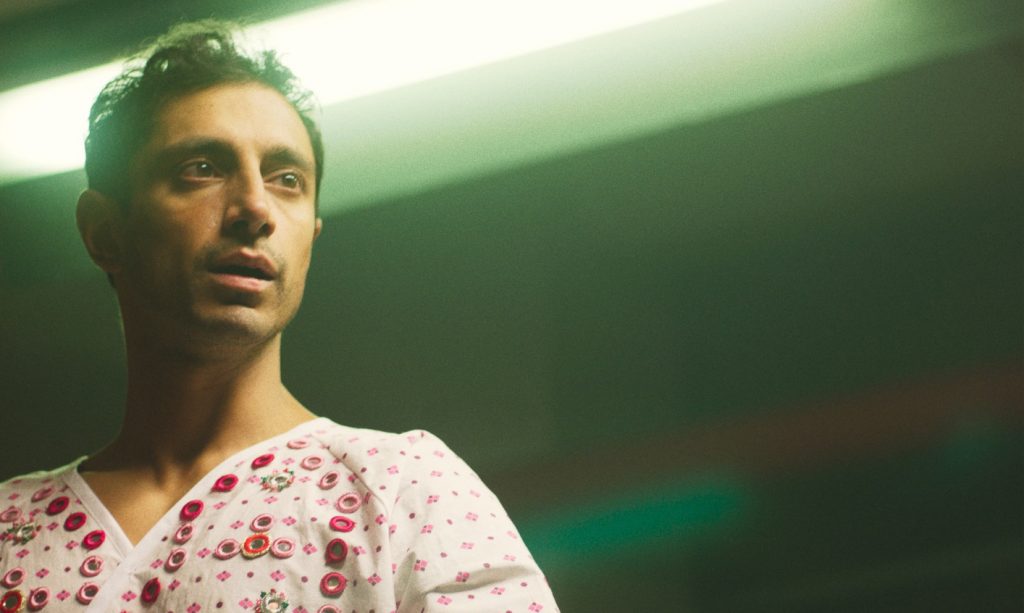
Mogul Mowgli is a Riz Ahmed vehicle, casting him as a British rapper diagnosed with an autoimmune disorder. Ahmed is a superb actor who is almost unrivalled in being able to play hurt, afflicted, and damaged as well as he can play fierce and confident, and that range serves the film very well. The story ends up a bit too predictable, though, so as with Holler I ended up feeling more as though I was watching a really good performance instead of a really good film.

My Darling Supermarket offers a fly-on-the-wall look at a Brazilian supermarket and its staff. Full disclosure, I fell in and out of sleep during its middle, but I blame myself. It’s beautifully shot, and its premise is nothing if not humble, even though it does ultimately involve a lot of discussion about the meaning of life, faith, and the after life. Still, I appreciated that humble focus and eagerness to find intense beauty and meaning in very little things and very simple acts.
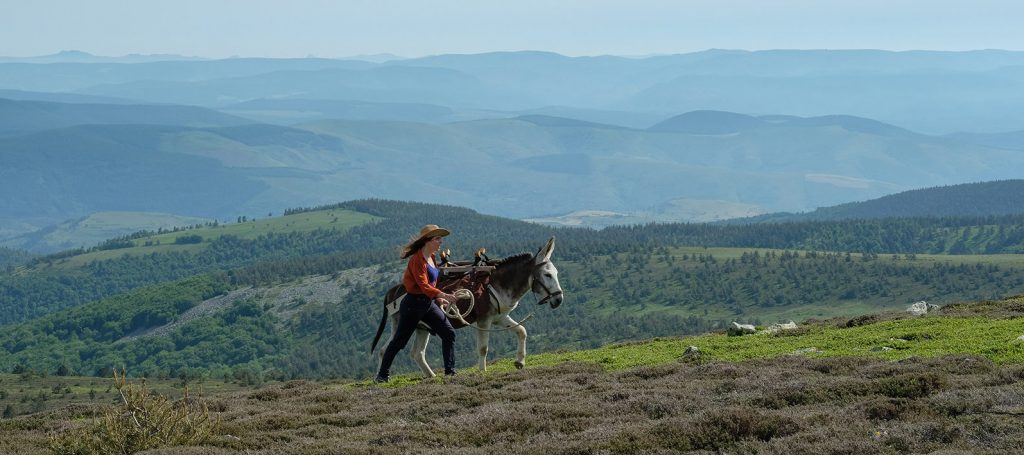
My Donkey, My Lover, and I wasn’t a movie I’d planned to watch: the opening premise (a woman follows her lover, his wife, and kid on a hiking trip with a recalcitrant donkey) told me exactly what would happen in the movie. But I needed some comedy today and somebody recommended it, so I gave it a go. It is, indeed, entirely as you’d expect. Write down how the rest of the plot plays out based on that above premise, and you’re likely spot on. But the scenery is beautiful, making me want to hike in France. And the donkey — Patrick — ran away with the movie. He brays precisely four times in the movie, and the first two are perfect, giving me deep belly laughs. If only the script were as good for the humans? But it was gentle, innocuous, and I know have a favorite donkey actor.
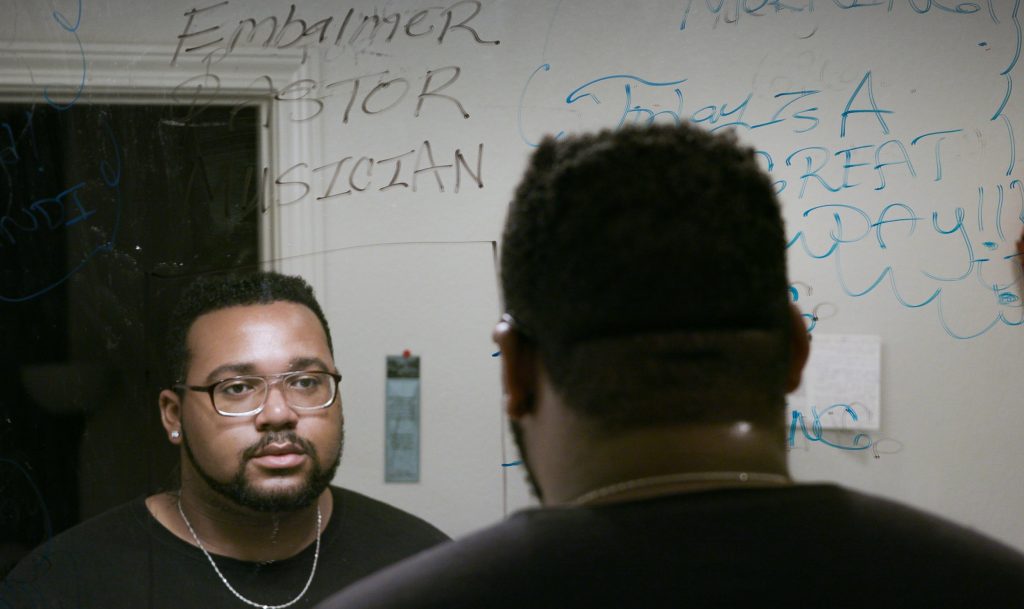
The Passing On is a Golden Badger winner for the year, and an hourlong documentary about a Black-owned funeral parlour and two of its workers in particular. I really liked the subjects and enjoyed spending time with them, and appreciated the doc’s and their ruminations on all sorts of other topics and issues. By the end, I wasn’t quite sure what the takeaway was, so it’s hard to glow too much about its accomplishment, as much as I enjoyed my time with it well enough.
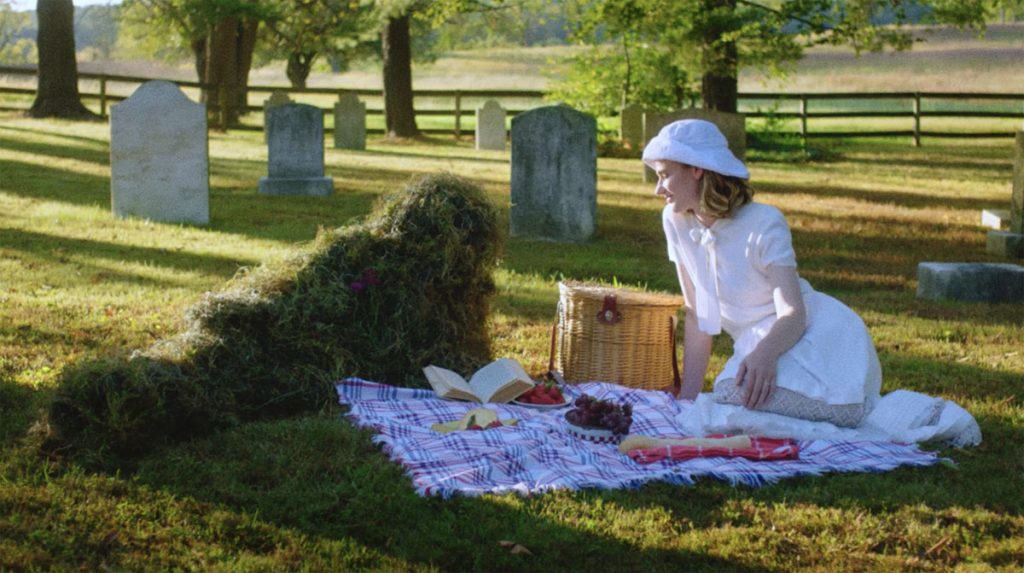
Strawberry Mansion is set in a world in which the government taxes dreams, and one of these tax auditors arrives at an old woman’s house to watch her past dreams and catch up on her taxes. It’s weird, sometimes gloriously so and in fun ways, sometimes not. I came to lack trust that the creators entirely understood the rules of their world (it’s entirely unclear what gets taxed, how, or why, and answers to these questions would’ve made things richer). But it edges away from scifi to a dream/mental state Eternal Sunshine of the Spotless Mind kind of vibe, so I get that such details may’ve worked against that in other ways. And though it would’ve been bolder if they’d kept the old woman an old woman in her dreams, instead of making her a young woman in virginal white dress (seriously, filmmakers of the world: can you all collectively get over the Stunning Beauty Who Commands All Attention trope/fetish, please?), it was regularly fun and funny. This was the first I watched, and it worked well to transition me from my highly polished media diet to the dream state of festival films where not everything needs resolution. I ultimately appreciated its oddity and how it felt very different.
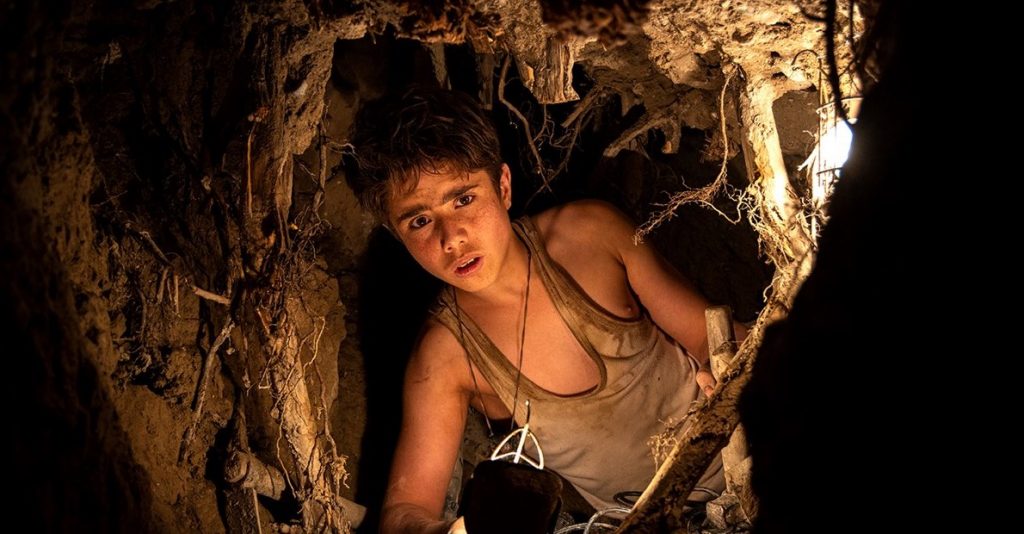
Sun Children is Oliver Twist meets Ocean’s Eleven. Four poor kids in Iran get tasked with enrolling in a school in order to tunnel from its basement to promised treasure. Well, we know how that’s gonna end, but the story provides a nice vehicle to get into the kids’ lives. Well-acted (by non-professional kids), often shot beautifully, and paced at a far snippier pace than is usually from a film festival film, the film offered me a compelling exploration of its characters’ lives and I was happy to be along for the ride.
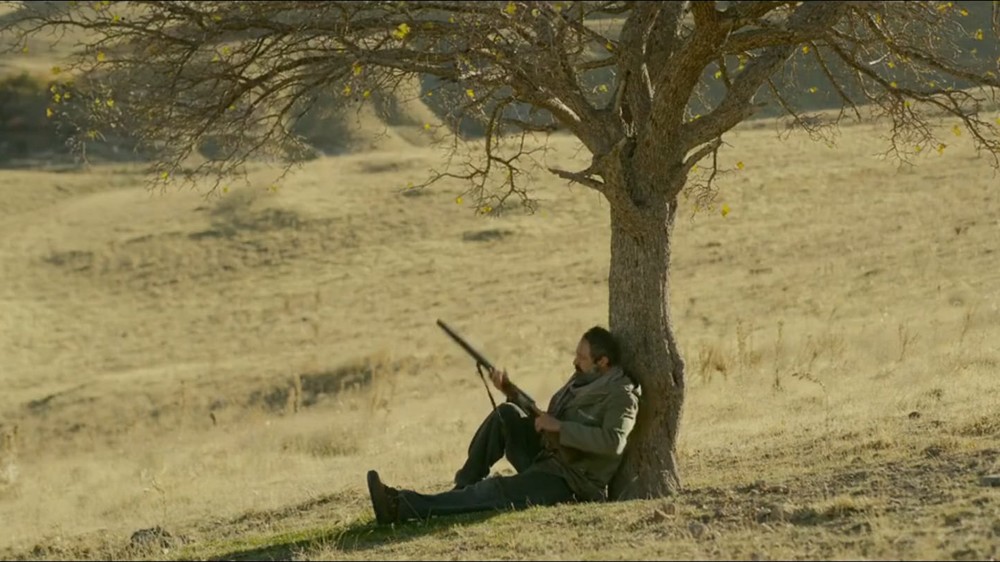
There is No Evil is one of the standout films I’ve seen this year. The blurb referred to its four vignette look at those affected by capital punishment in Iran as “searing,” and that’s an apt choice of word, as it certainly applies heat to flesh. It’s blessed with excellent actors and characterization; indeed, so much of its power of commentary requires its characters to work, and they really do. It’s also beautifully shot, especially in the third and fourth vignettes that get out of the city. The parts fit well together too (I found the second one slightly “off” tonally, for instance, but a long movie that wants to move slowly in its other three vignettes benefits from one that has a little more skip to it). I’d highly recommend this film.
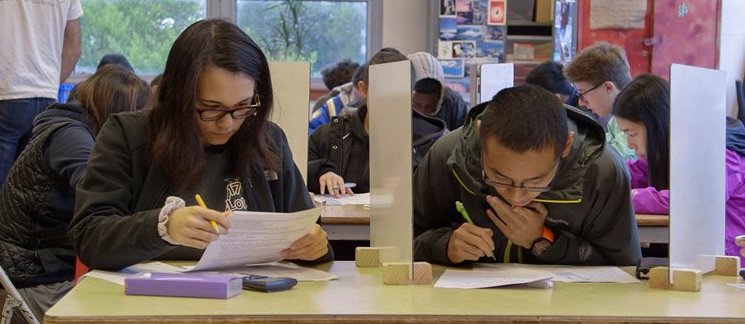
Try Harder! is a documentary set in Lowell High School, a premier school in the Bay Area, focused on college applications, hopes, and eventual admissions or lack thereof. The kids at the center of it are all interesting and engaging, and I found myself far more engaged in the outcomes than I thought I would be, even though I wanted to call up some of them and their parents and tell them you can still have a good life if you don’t get into Harvard or Stanford.
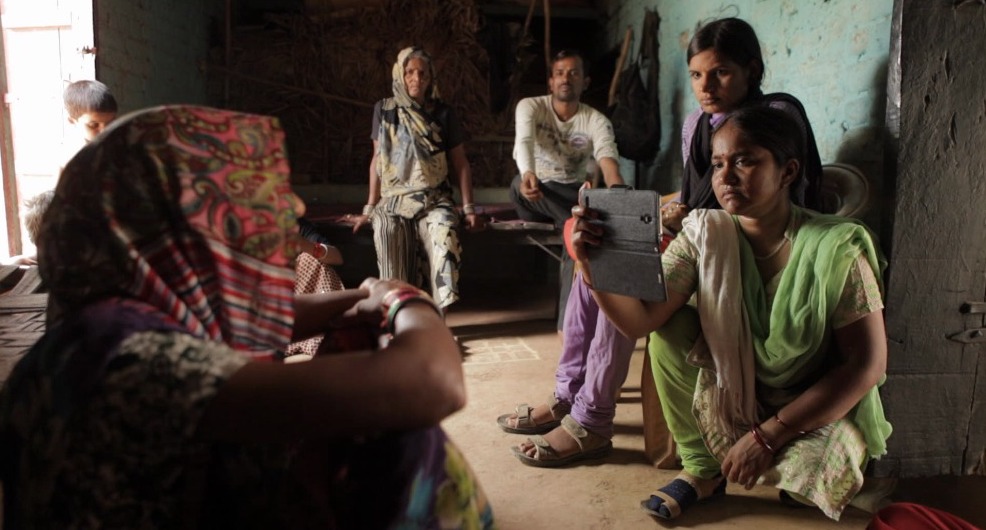
Writing With Fire is a superb documentary about an Indian newspaper run entirely by Dalit women, Khabar Lahariya. This is another standout for me. The central women we spend time with — Meera, Suneeta, and Shyamkali — are awesome, and it’s fun watching them bounce back the crap directed their way, but it’s also a wonderful, up-close look at how journalism works in practice. I really liked the balance of this doc, between caring about its subjects and letting us spend real time with them, showing us what they’re dealing with as reporters, showing us what they’re dealing with as people, and exploring broader cultural context. Watch it.

